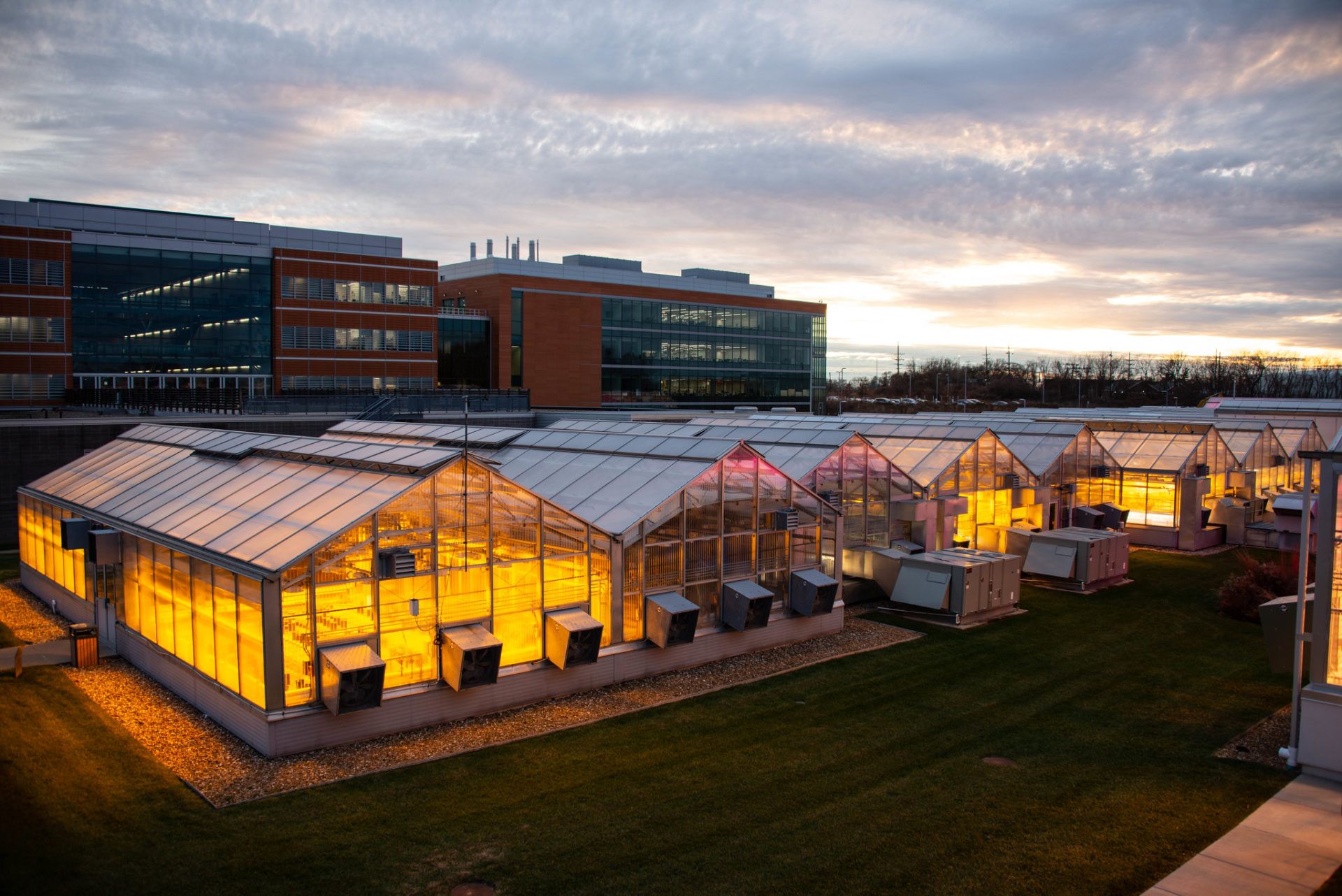The Donald Danforth Plant Science Center, the largest US research institute and non-profit for plant science, has established a new company called Danforth Technology Company (DTC). The new venture aims to commercialize the Center’s research and technology by launching agtech startups from Danforth’s own campus.
Key background:
- Creve Coeur, Missouri-based Danforth Center researches plant science and technologies across a number of fields including bioinformatics, phenotyping, tissue culture, proteomics, and plant growth.
- Founded in 1998, the Center aims through agtech innovation to address the world’s most pressing issues and has a specific focus on food security and the environment.
- Funding sources for the Center includes the National Science Foundation, National Institutes of Health, U.S. Department of Energy, U.S. Agency for International Development, U.S. Department of Agriculture, and the Bill & Melinda Gates Foundation.
- Danforth scientists have co-founded multiple food and ag-tech startups. Most notably, two Danforth scientists helped start crop genetics company Benson Hill, which recently went public at a $2 billion valuation via a SPAC merger.
How it works:
- DTC will connect its scientists with investors, entrepreneurs, companies, and tech leaders, providing intellectual property development, licensing, and entrepreneurship. The company’s website says it will also work with early investors to “mitigate technology and investment risk.”
- Tom Laurita, co-founder and former CEO of Danforth-based crop science company NewLeaf Symbiotics, will serve as DTC’s CEO.
- DTC will set up and fund Seed-stage startups working in a number of different areas. Via an email exchange with AFN, Laurita said that Danforth Center has 31 labs working “in a wide variety” of plant science and agriculture areas. “DTC will evaluate each Danforth Center-generated opportunity on its technology and commercial merits,” he added.
- All funding for the startups will come from funds invested by the Danforth Center in DTC.
Why it matters:
Government agencies, major corporations, and research institutes alike often turn to startups as a way to drive more innovation in their own organizations and gain access to more cutting-edge tools and processes. Having a technology company that fosters entrepreneurial talent and funds startups in-house could greatly aid the Danforth Center in getting scientific discoveries and solutions out of the lab and into commercial markets faster.
The bigger picture:
DTC bringing more agrifoodtech startups to the Greater St. Louis area could contribute positively to the region’s economy, which is already heavily supported by agriculture. A study by Missouri’s Department of Agriculture found that agriculture added $94 billion to the state’s economy in 2021 and represents one out of every 10 jobs in the state.
- Missouri has 95,000 farms, the second-highest number of any US state. But a 2021 USDA report warns that small farms like many of those in Missouri are economically at risk.
- In a statement, Laurita called DTC “a key driver for growth of the St. Louis agtech ecosystem and the region’s economy.” To AFN he added that “the DTC will accelerate the translation [of] research into solutions of real-world problems and the creation of new startups in STL.”
What they’re saying:
“Delivering on our mission at the Danforth Center, and having an impact from our work, means we need to move our scientific advances and technologies into the marketplace,” said Danforth Center president and CEO Jim Carrington. “Establishing DTC will help accelerate the pace of agtech startup creation to deliver products and services that address significant challenges and needs in agriculture.”
Innovative plant science research and development is happening at the Danforth Center,” Laurita said in the same statement. “DTC will create companies with seed funding and IP from the Danforth Center, helping to move scientific discoveries out of the lab and into the real world.”





